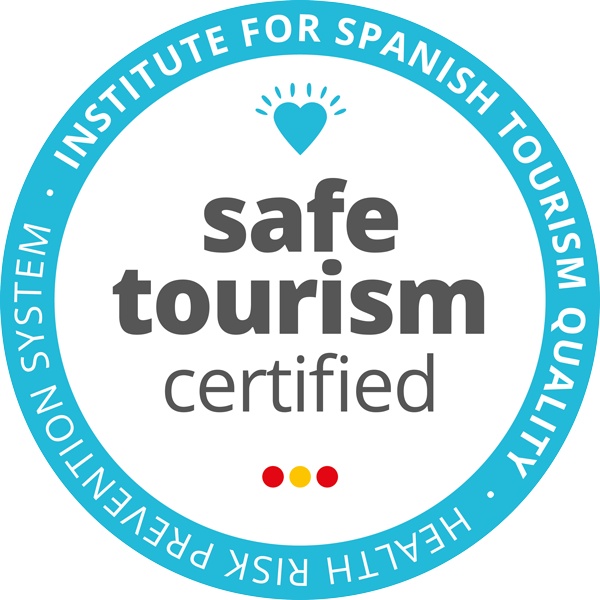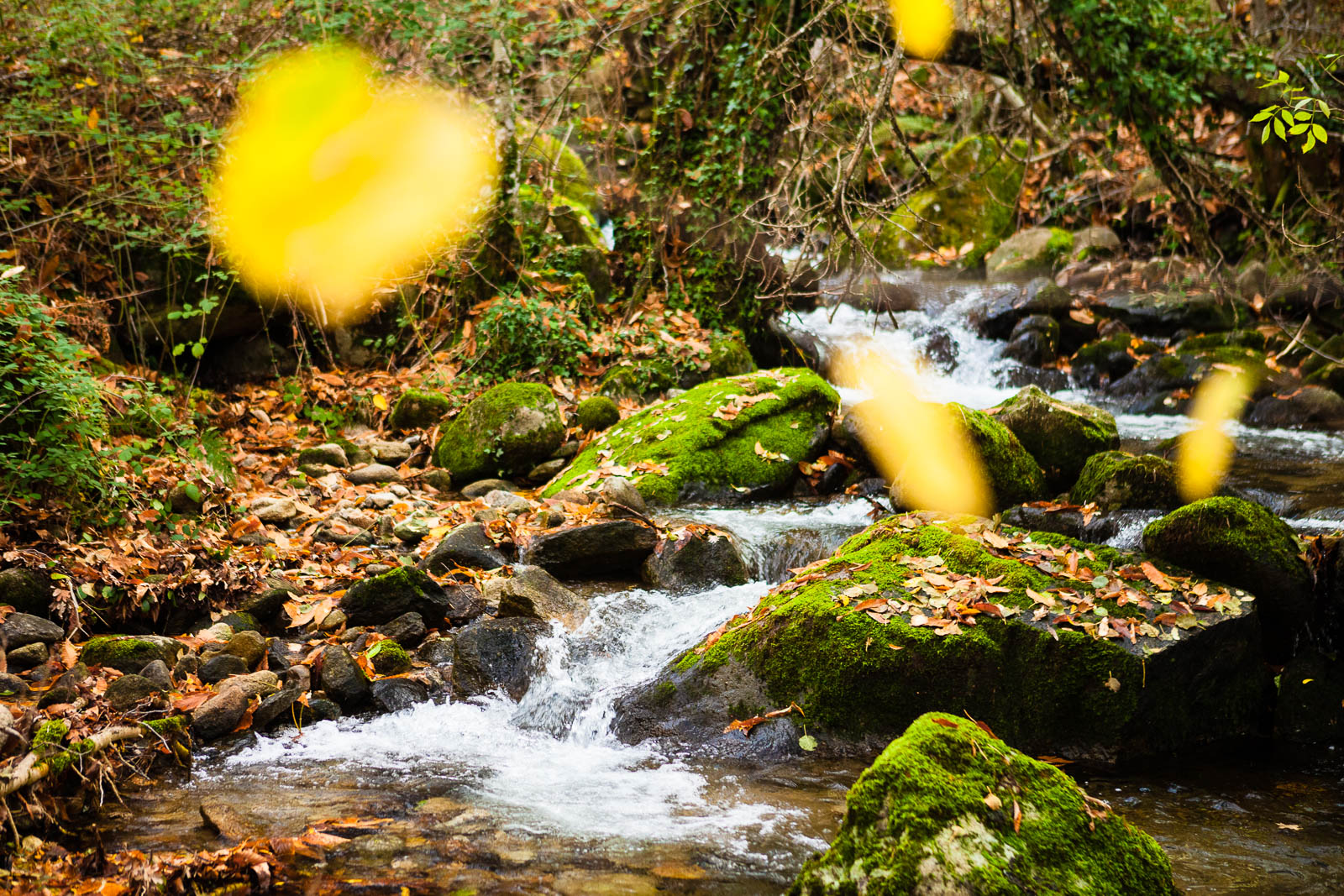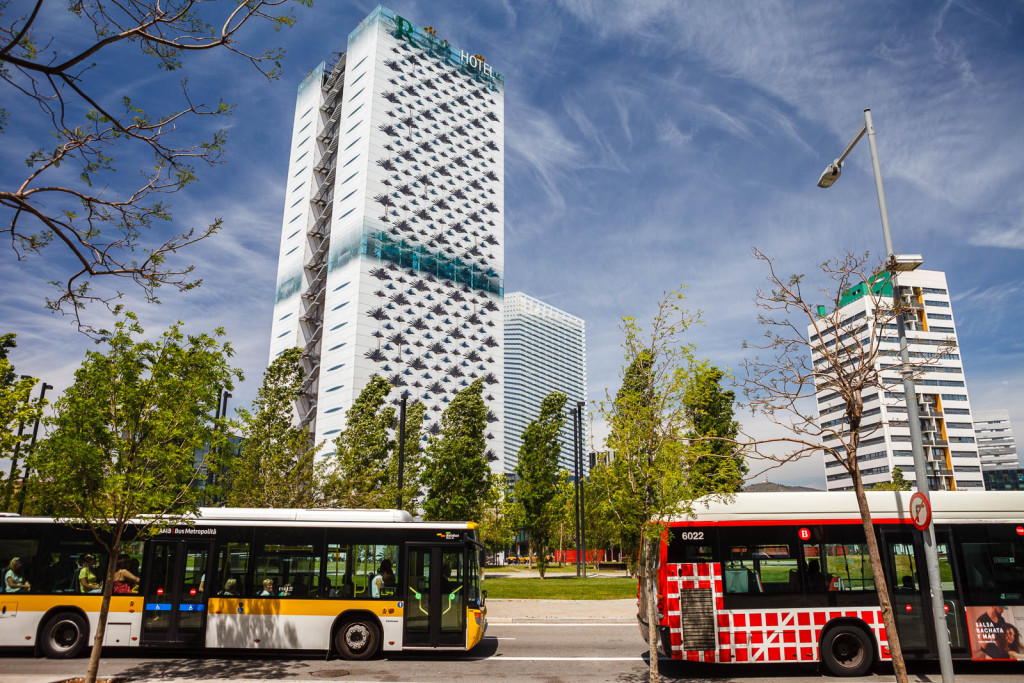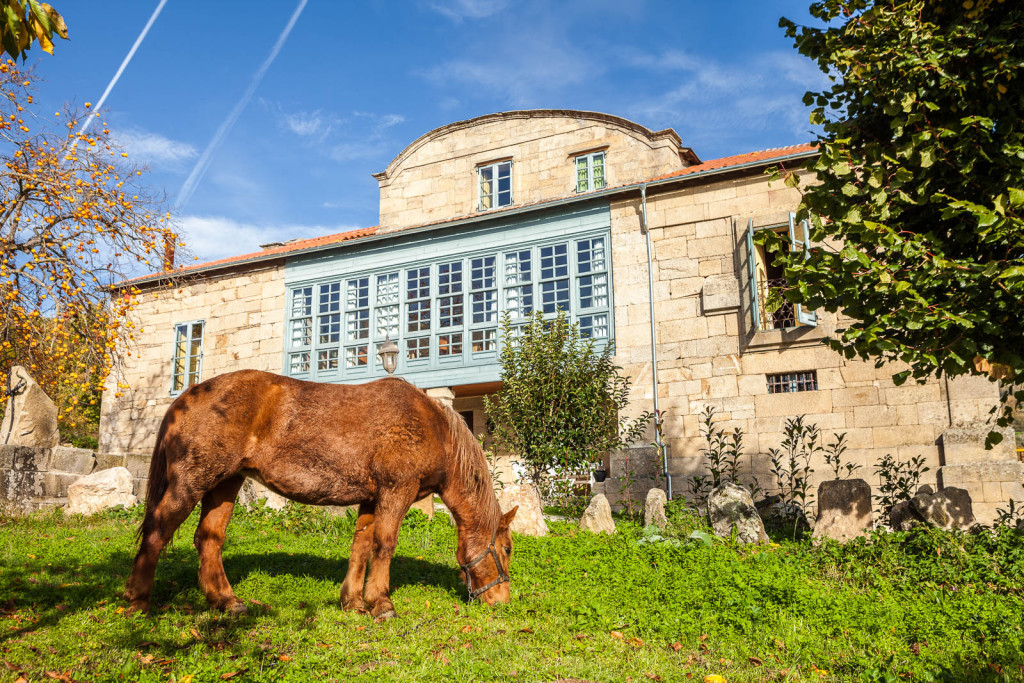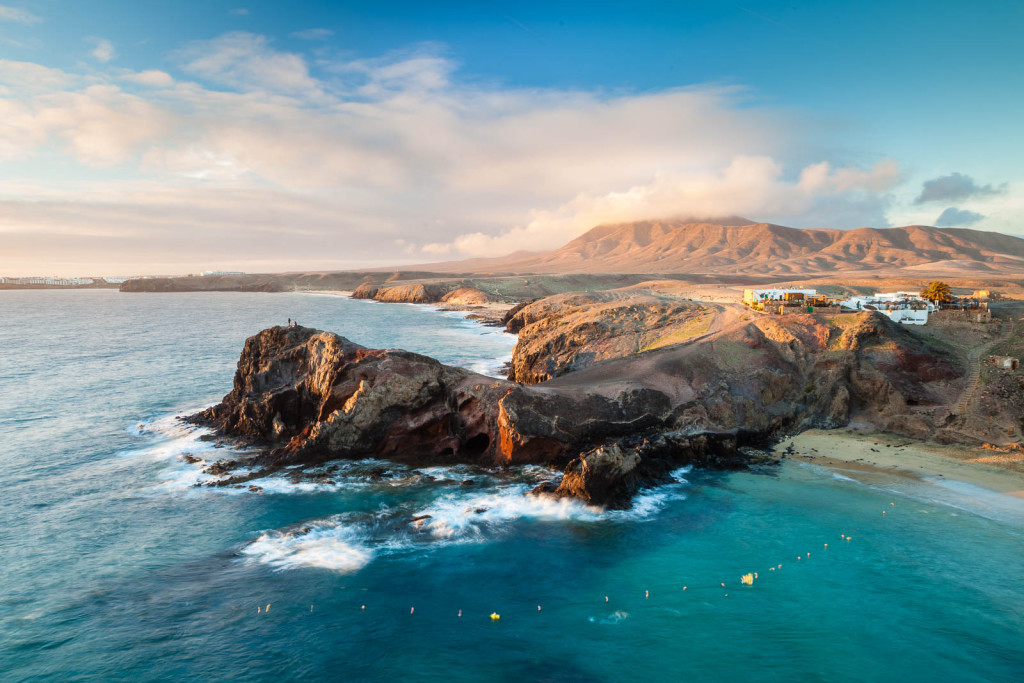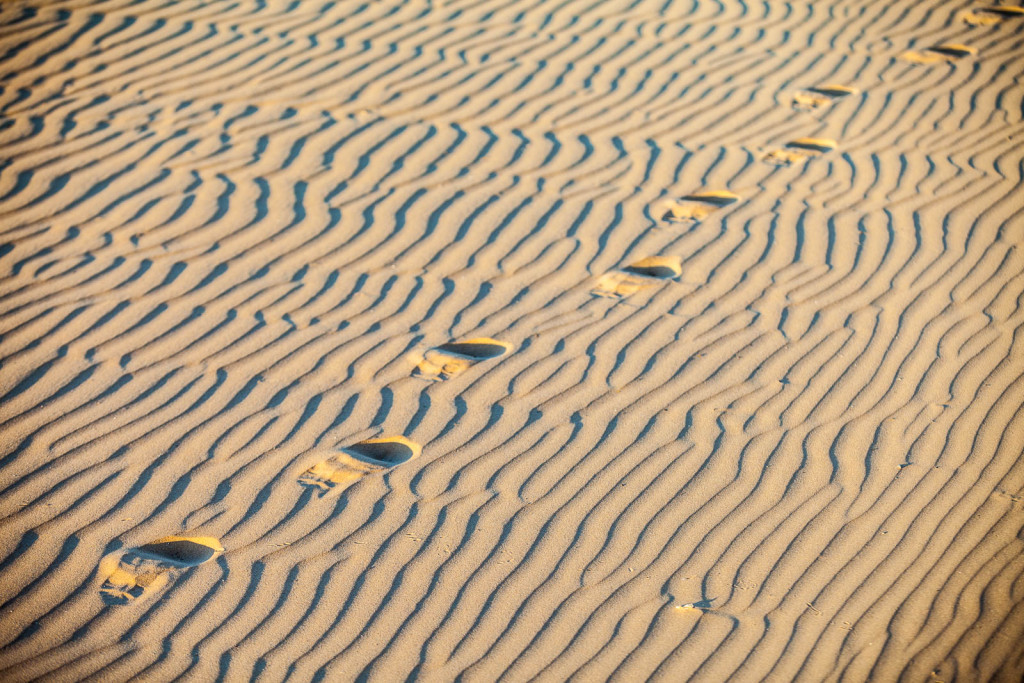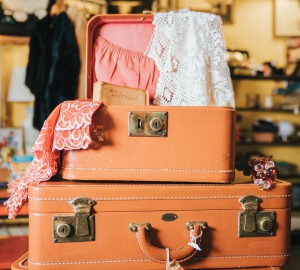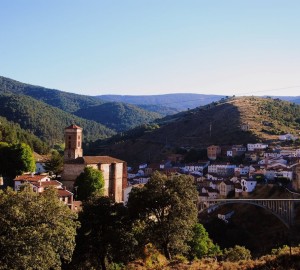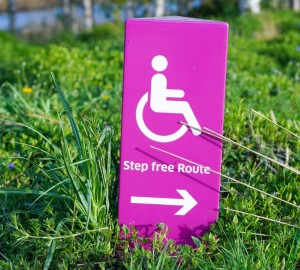Making our travels a sustainable activity is essential for us to be able to continue travelling for many years to come, as more and more of us travel around the world, and to preserve them for future generations to enjoy. it is up to us to take care of the places we visit.We need to take care of the environment, as well as preserving it for future generations to enjoy. Problems such as over-tourism, unequal distribution of wealth and pollution can be reduced if we start to travel in a more sustainable way, as it is not only about caring for the environment, but also about making sure that the communities we visit thrive.
To travel more sustainably, here are 9 measures that will go a long way to helping the planet, society and the ability to keep travelling.
Avoid plastic
Plastic has become a plague, because although it is very practical in our daily lives due to its diversity of uses, It is very difficult to dispose of it at the end of its useful life.It ends up in rivers, lakes and finally in the sea, where marine life eats the small particles, causing both an environmental impact on the landscape and the health of wildlife. Worse still, this wildlife enters our food chain, which can lead to health problems.
To avoid this serious problem, the best solution is to minimising our use of plasticAvoiding single-use plastics (straws, plates, cutlery, water bottles, etc.) and replacing plastic items with others made from more sustainable materials, such as stainless steel or wood. So, it is a great idea to travel with your water bottle, which is better to refill than buying multiple plastic bottles. Also, in countries where there is not a good waste collection system, by minimising the use of plastic, we help to keep it out of landfills.
Use public transport
Both in our daily lives and when we are travelling, public transport is the most environmentally friendly way to travelIt is also the cheapest. Using buses and trains is more environmentally friendly than hiring your own car or motorbike to get around your destination. If we are travelling in a group of up to five people, then the car is already a more optimal and environmentally friendly alternative for travelling, as we use it to its full capacity and make better use of its usefulness.
Offset your CO2 footprint
Apart from using more environmentally friendly means of transport, another key point to make our travel, and our daily lives, more sustainable is to offset the carbon footprint emitted on our journeys, whether by plane, bus, train or private car.
Calculating our carbon footprint and offsetting it may seem complicated, but there are websites such as https://www.carbonfootprint.com/calculator.aspx where we can calculate all the carbon we generate in our daily lives, as well as in our travels, and offset it through forest planting, carbon reduction programmes and other activities that help mitigate our emissions.
Search for sustainable accommodation
Where we stay during our travels also plays an important role in sustainability. Staying in a resort built on a coral reef is not the same as staying in cabins made from sustainable materials that are self-sufficient in clean energy. It is up to us to promote a type of tourism that destroys natural sites for the sake of sleeping in a unique place, or to support initiatives that want to get it right so that they remain sustainable in the future..
Before booking accommodation, find out about its sustainability measures, such as being built in a location that minimises impact, using renewable energy, recycling waste, etc.
Use sunscreen that does not harm marine wildlife.
On holidays we usually go to places with good weather to swim at the beach and enjoy the relaxation offered by the sea. Of course, as it is very sunny, we protect ourselves with sun cream, but I am sure that you have rarely stopped to think about how the cream can affect the marine fauna. Well, most creams are harmful to sea animals, as they contain harmful chemical substances, which is why we have to use sun cream. it is advisable to look for sun creams and soaps that respect the environment.
We have to protect our skin from UV rays, but also the sea from harmful products in creams. Coastal environments are very sensitive to small changes, and thousands of people going into the water with harmful creams is a big impact.
Avoid exploitation of animals for tourism purposes
There are few things more pleasurable than travelling to exotic countries and enjoying the local wildlife, but this cannot be at any price. If you want to see animals, the best thing to do is to book a safari and go and see them in their natural environment with the greatest possible respect, without making noise, feeding them or going off the beaten track. Those tourist attractions where animals are exploited so that you can take a selfie with a drugged tiger, touch a trained elephant or even hunt, only serve to violate the rights of animals and worsen their living conditions.
Wild animals have to live in their environment, so it is much better to support their respectful observation than to chain them within four walls.
May the only thing that remains behind you are your footprints
The best rule you can follow to be sustainable when you leave home is to leave only your footprints behind you.. This means no rubbish (not even food skins, as they disturb the food supply of wild animals), no plucking flowers or branches, no killing animals and no exotic souvenirs. When you go into any natural environment, if you want a souvenir, the best thing to do is to take a photograph and enjoy watching life go by.
Look for local suppliers that boost the local economy rather than foreign companies.
Tourism is a major source of income for many countries, with large multinationals offering their services all over the world. This is not a bad thing in itself, but when you travel to countries that are more unequal than Europe, you can contribute to equality by booking activities and tours with local sustainable businesses and visiting local restaurants. In this way you support the local economy, which will then turn the benefits into hiring more local people and start to weave a network of local businesses.
Travel closer to home
We all like to travel far away from home, to exotic countries where we encounter a totally different culture. This is all well and good, but it also has a big carbon footprint impact from long-haul flights and influencing the local culture with our presence. Our recommendation is to travel as far away from home as sustainable as possible, as well as to discover places close to home.
It is often not necessary to travel to the other corner of the planet to live a unique experience, and very close to home we can have experiences that we will remember for the rest of our lives, as well as being more respectful of the environment. Our country is full of unusual places such as La Rioja, the Basque Country, Asturias... where you will surely still have a lot to discover.
Raise awareness of a sustainable attitude
There is no point in making your travels very sustainable if thousands of people continue to negatively impact the environment and society when they travel. That is why it is so important that in addition to taking measures to make your travel more sustainable, you also make friends and acquaintances, and even strangers you meet at your travel destination, aware of the need to make travel more sustainable.
It is not only about keeping the planet in good condition for future generations, it is also about helping the societies we visit during our leisure time to have the opportunity to develop in an equal way and to conserve their environment.
It is up to us to make the planet a better place.





